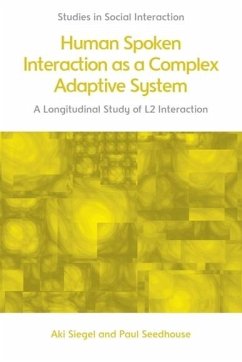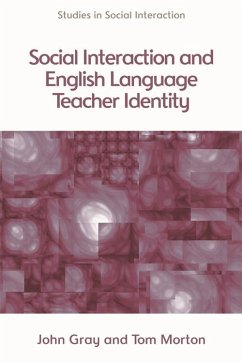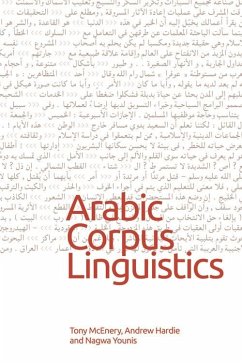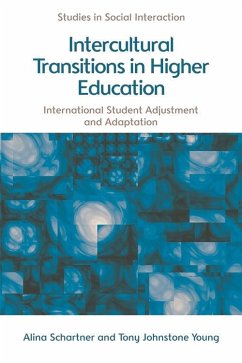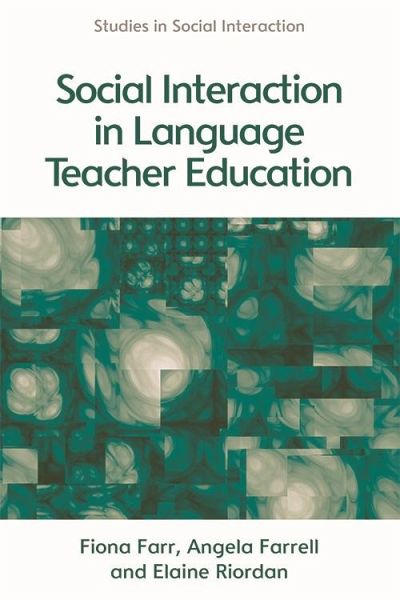
Social Interaction in Language Teacher Education (eBook, ePUB)
A Corpus and Discourse Perspective
Versandkostenfrei!
Sofort per Download lieferbar
24,95 €
inkl. MwSt.
Weitere Ausgaben:

PAYBACK Punkte
12 °P sammeln!
Combining corpus linguistics and discourse analysis, this book draws on a range of spoken and written data collected from a variety of contexts. It explores interaction in pre- and in-service education programs and analyses the spoken and written interactions of teachers with varying levels of experience who are adopting a range of modes of interaction. Both face-to-face and online modes of computer-mediated communication are explored. In doing so the book provides examples of how data can be approached and used to uncover social-interactional themes and issues, in relation to language teacher...
Combining corpus linguistics and discourse analysis, this book draws on a range of spoken and written data collected from a variety of contexts. It explores interaction in pre- and in-service education programs and analyses the spoken and written interactions of teachers with varying levels of experience who are adopting a range of modes of interaction. Both face-to-face and online modes of computer-mediated communication are explored. In doing so the book provides examples of how data can be approached and used to uncover social-interactional themes and issues, in relation to language teacher education and as a micro-context of social interaction in general. With coverage of both theory and practice, this book is a key resource for educators and postgraduate students in areas such as second language teacher education, TESOL, cross-cultural communication, sociology, philology, as well as discourse analysts.
Dieser Download kann aus rechtlichen Gründen nur mit Rechnungsadresse in A, B, BG, CY, CZ, D, DK, EW, E, FIN, F, GR, HR, H, IRL, I, LT, L, LR, M, NL, PL, P, R, S, SLO, SK ausgeliefert werden.




